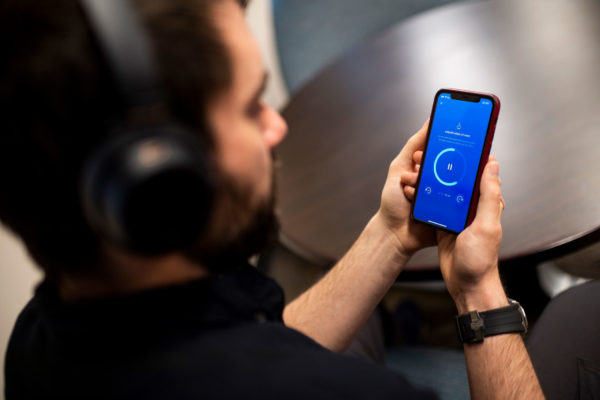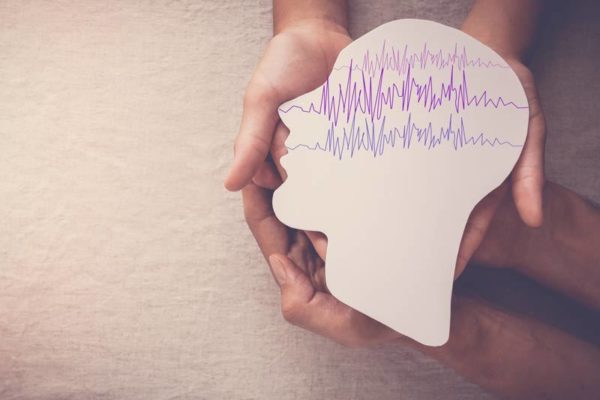News

Researchers at the Center for Healthy Minds introduce a new framework based on scientific evidence that suggests that well-being can be thought of as a set of skills that people can learn through practice in daily life.

A new study from researchers at the Center for Healthy Minds and the School of Education at the University of Wisconsin–Madison suggests that a fully remote program administered on smartphones can also produce some of the benefits of in-person mindfulness interventions, including a reduction in symptoms of depression, anxiety and stress and an increase in feelings of social connection.

A team at the Center for Healthy Minds is starting new research to understand whether a mobile well-being app, the Healthy Minds Program, can improve depression for people living with the condition.

This year's The World We Make event is free and open to the public, from October 5 - 9, 2020. The nightly virtual events will explore science of well-being and feature new insights from His Holiness the Dalai Lama.

In a recent collaborative study across institutions, researchers developed a new framework to identify mental states during meditation. This included the focus-on-breath state and mind wandering, and estimates of how much time meditators spend in each state.


